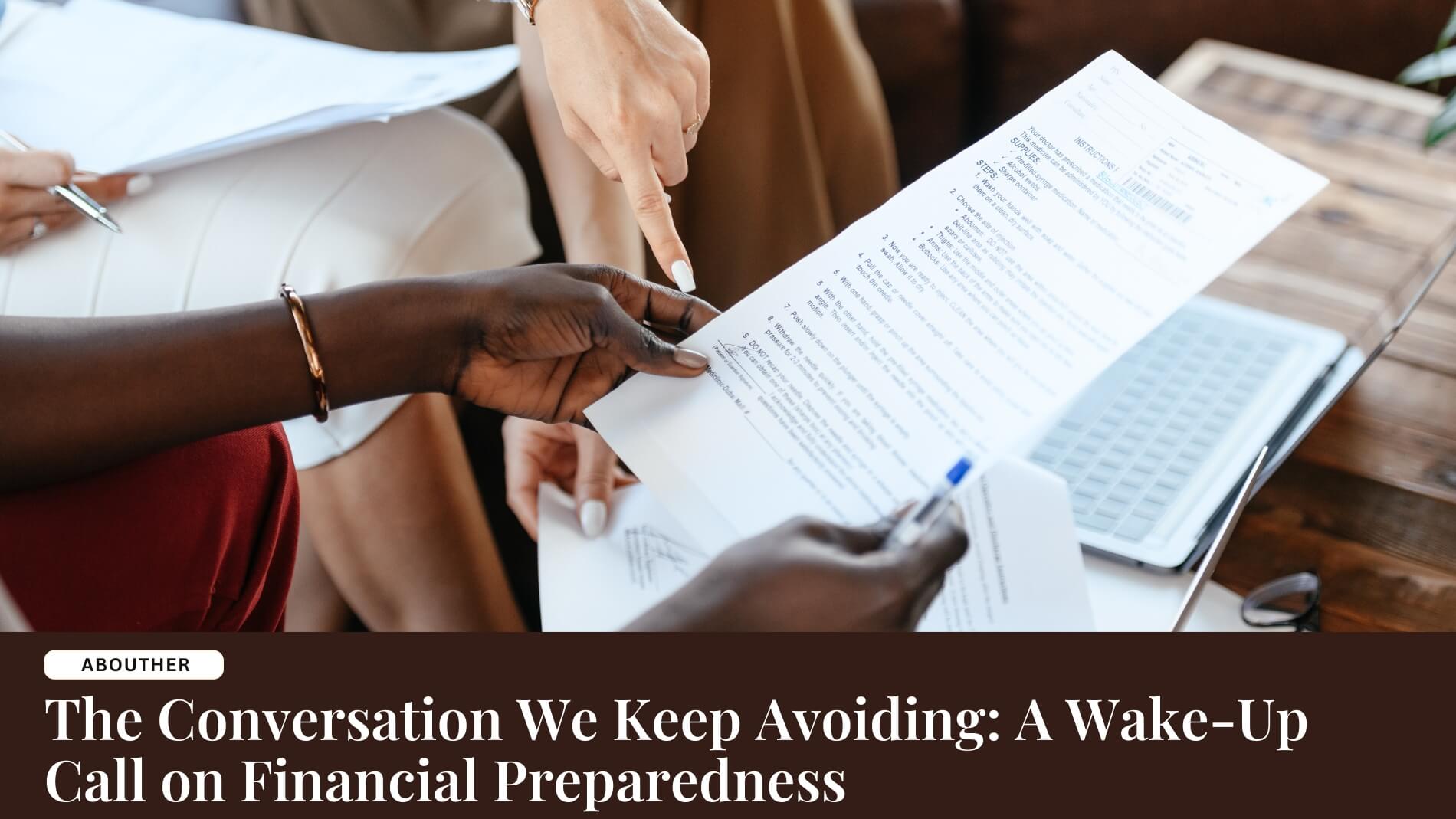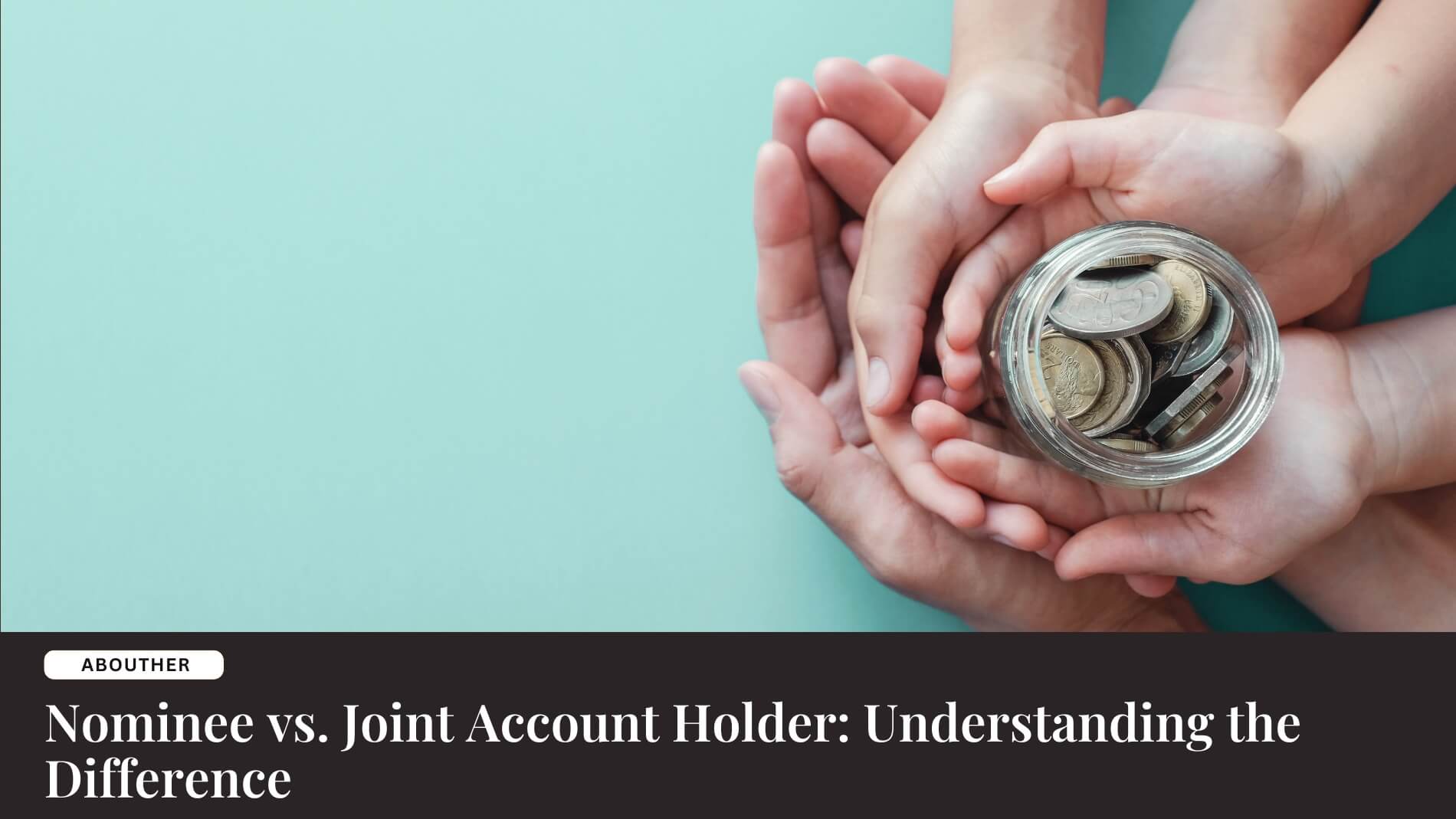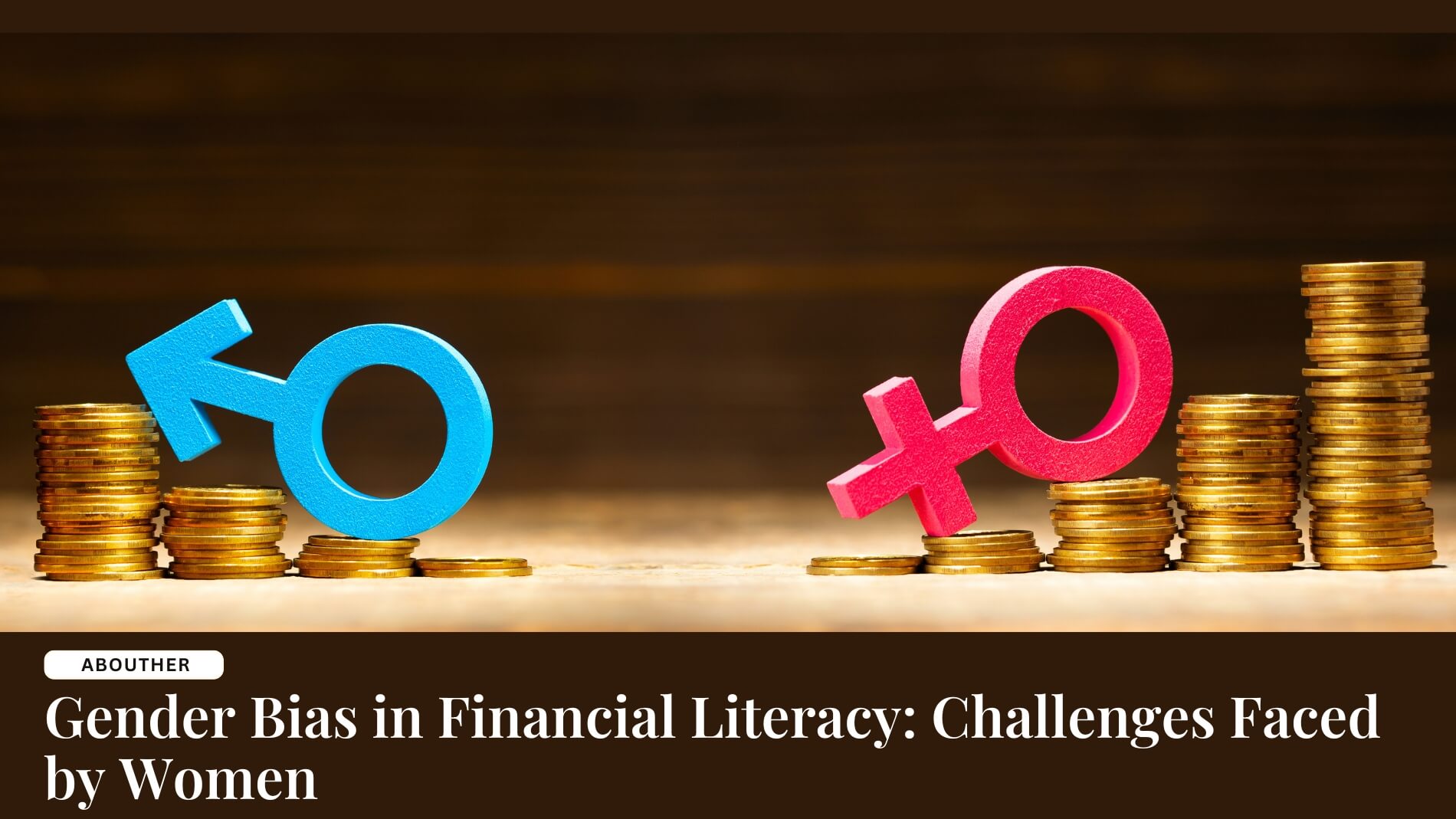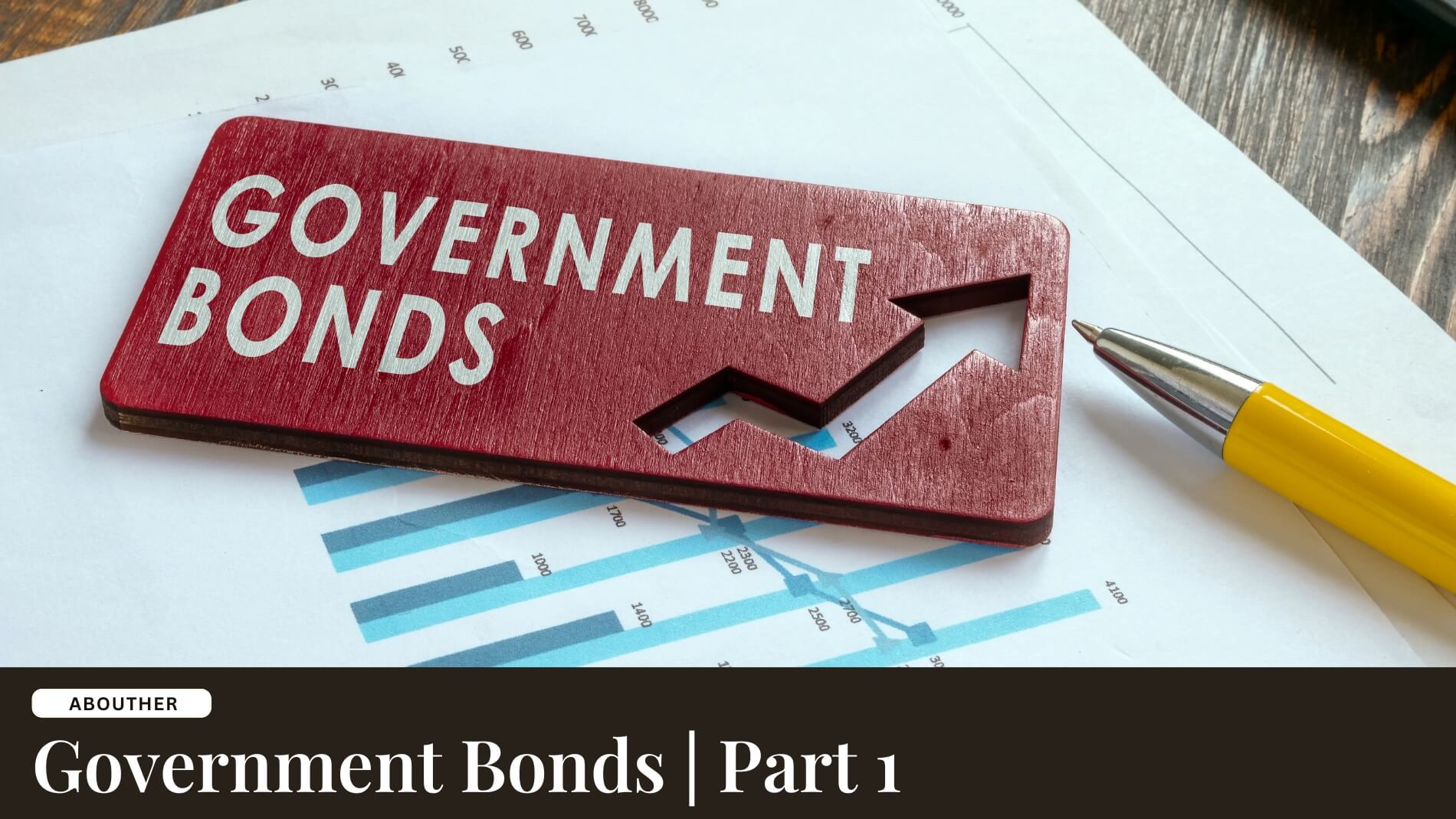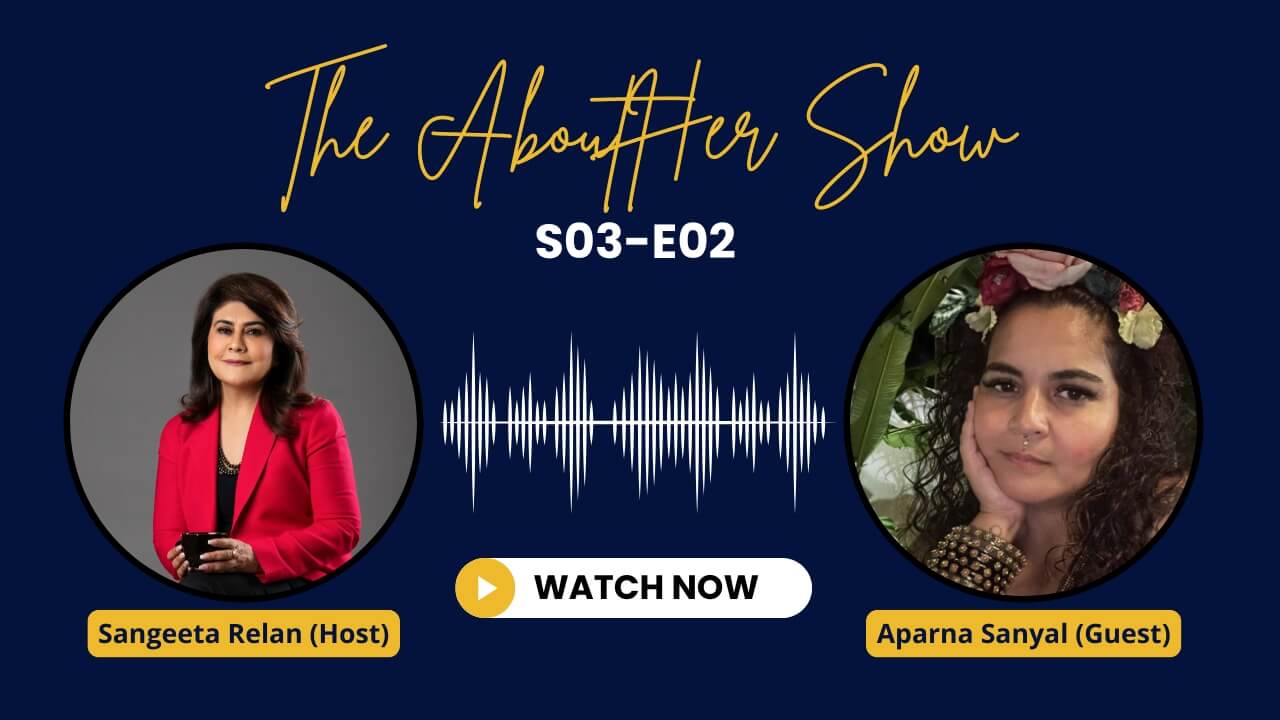The Conversation We Keep Avoiding: A Wake-Up Call on Financial Preparedness
In a world spinning faster than ever, where uncertainty seems to be the only constant, we’re often so focused on planning for tomorrow that we forget to prepare for the unimaginable.
We talk about investments, education, dream vacations, and careers. We spend hours comparing gadgets, watching reels, or curating weekend plans. But there’s one conversation we consistently avoid—the one that matters most when life takes an unexpected turn.
What happens if one of us doesn’t wake up tomorrow?
It’s a heavy question. One most people don’t want to even think about, let alone prepare for. But time and again, in both personal and professional circles, I’ve witnessed the heartbreak that comes not just from loss—but from the chaos that follows it.
And sadly, I’ve seen this play out most often when a male member of the family passes away unexpectedly. The first thought that crosses my mind is not about assets or legacies but something more basic and far more urgent:
“Will his wife know how to manage everything he left behind?”
Does she even know what he left behind?
Also Read: From Budgeting to Investing- Why Financial Literacy is Every Woman’s Superpower
Most women, especially in traditional households, are either not involved in day-to-day financial management or have been unintentionally excluded from it, not out of disregard but out of habit. The man handles the finances. The woman handles the home. And so, it continues—until suddenly, it doesn’t.
Here’s a hard truth: Grief is difficult enough on its own, but not knowing where the bank accounts are, what loans exist, or whether there’s an insurance policy to fall back on—that turns grief into sheer panic.
Ask yourself this:
Would your spouse or your children know…
- Where your bank accounts are held?
- If they’ve been nominated as beneficiaries?
- About any bank lockers or vaults?
- What loans or liabilities are pending?
- Which income sources exist, and how do they come in?
- Where the property papers are kept?
- Are any legal disputes ongoing?
- What insurance policies (life, term, annuities) are in place?
- Details of Mediclaim or health policies?
- About your investments—equity, mutual funds, PPF, bonds, etc.?
- The passwords to important accounts?
- Social media or email logins?
- Any critical financial or legal detail you’ve never spoken about?
- If there is a will?
Most people intend to share this information. “Someday.” “When I get around to it.”
But in my years of dealing with real families, real losses, and real financial entanglements, that day often never comes.
We must change this.
We must normalise talking about finances—not just in boardrooms, but at dinner tables, not as a one-time conversation but as an ongoing habit.
Create a list.
Write down everything that matters.
Keep your documents in order.
And most importantly—share it with someone you trust.
Also Read: Gender Bias in Financial Literacy- Challenges Faced by Women
It won’t take away the pain of loss, but it will save your loved ones from confusion, distress, and potential financial harm. In their darkest hour, they shouldn’t have to be piecing together a puzzle you could have handed them whole.
Financial preparedness isn’t morbid—it’s a quiet, powerful form of care. It’s how we protect our families, especially women in traditional households, from the chaos that comes with financial uncertainity.
When conversations around life insurance, wills, investments, and day-to-day finances are normalised at home—not just in boardrooms—we build trust, clarity, and real financial literacy.
This is the simplest, most profound gift you can leave behind.
And while we’re talking about what needs to be said, don’t forget the other kind of expression—emotional, not financial.
If you’ve been meaning to tell someone how much they mean to you, don’t wait. If you’ve been putting off that apology, that thank you, or that “I love you”—say it now.
We plan endlessly for what we hope life will bring.
Let’s also prepare, gently and mindfully, for what it might take away.
Because tomorrow isn’t promised, but peace of mind—for those we love—can be.
Share This On Social
![Sangeeta-Relan-AH-525×410[1]](https://slategray-flamingo-696901.hostingersite.com/wp-content/uploads/2024/06/Sangeeta-Relan-AH-525x4101-1.jpeg)
I’m Sangeeta Relan—an educator, writer, podcaster, researcher, and the founder of AboutHer. With over 30 years of experience teaching at the university level, I’ve also journeyed through life as a corporate wife, a mother, and now, a storyteller.
Recent Posts

